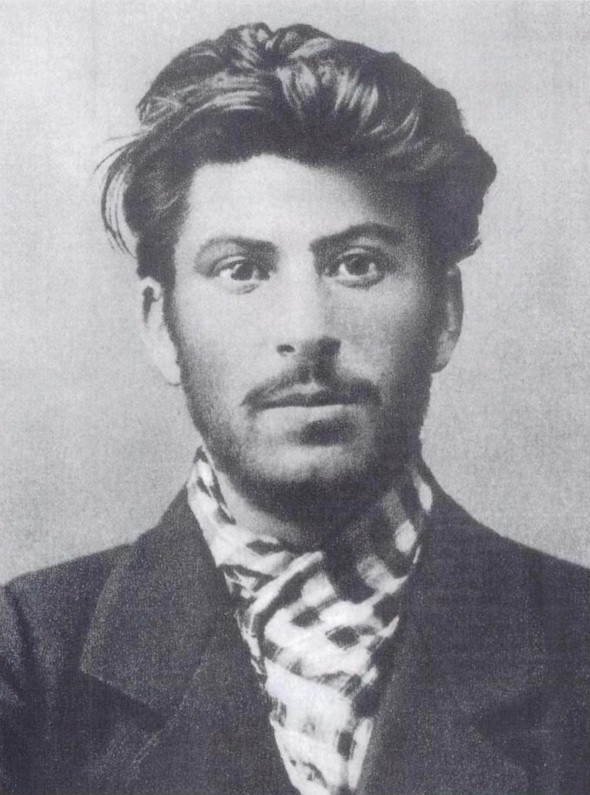ChrisB
A-List Customer
- Messages
- 412
- Location
- The Hills of the Chankly Bore
The 1960s were the era of anti establishment youth culture. Eventually, the establisment took on the styles of the anti establishment and marketed them to mainstream society. This was in my opinion the real break with traditional style.



